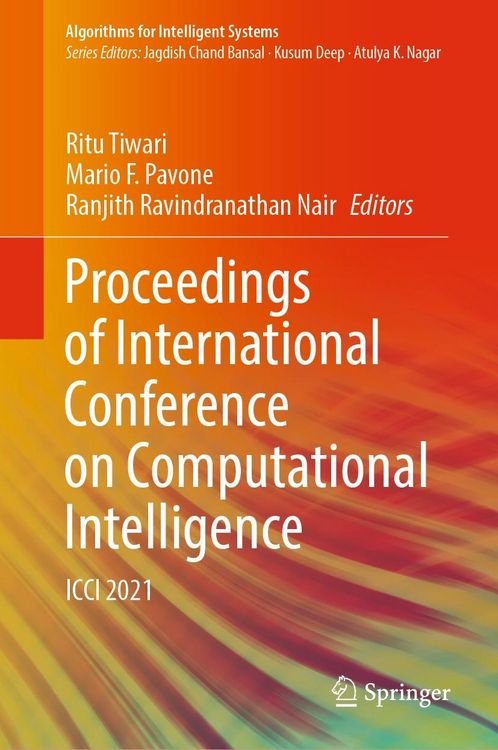
Proceedings of International Conference on Computational Intelligence ICCI 2021
-
- Hardcover
- Taschenbuch
- eBook ausgewählt
-
Form:Einzelkauf Download
-
Sprache:Englisch
-
eBook Format:PDF
- PDF 149,79 € ausgewählt
- ePUB 223,63 €
149,79 €
inkl. MwStBeschreibung
Details
Format
Kopierschutz
Nein
Family Sharing
Nein
Text-to-Speech
Nein
Erscheinungsdatum
04.10.2022
Herausgeber
Ritu Tiwari + weitereVerlag
Springer Nature SingaporeSeitenzahl
478 (Printausgabe)
Dateigröße
16219 KB
Sprache
Englisch
EAN
9789811921261
Unsere Kundinnen und Kunden meinen
Verfassen Sie die erste Bewertung zu diesem Artikel
Helfen Sie anderen Kund*innen durch Ihre Meinung
Kurze Frage zu unserer Seite
Vielen Dank für dein Feedback
Wir nutzen dein Feedback, um unsere Produktseiten zu verbessern. Bitte habe Verständnis, dass wir dir keine Rückmeldung geben können. Falls du Kontakt mit uns aufnehmen möchtest, kannst du dich aber gerne an unseren Kund*innenservice wenden.
zum Kundenservice